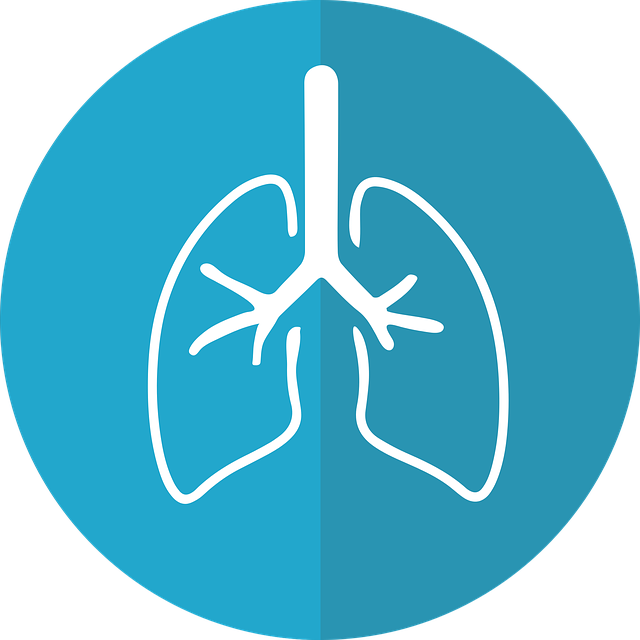COPD and Covid
Practising good hygiene is the best defence against most viruses.
Wash your hands often and thoroughly with soap and warm water for at least 20 seconds.
If you can’t wash your hands with soap and water, use an alcohol-based hand sanitiser gel. It is important to note that both soap and alcohol break virus particles apart, but in different ways.
Wear a face mask when leaving your home.
Avoid touching things in public spaces as much as possible.
Avoid touching your face, as this can transfer the virus from your hands to your eyes, nose and mouth.
Avoid touching other people, such as shaking hands or hugging. You can greet each other with a wave instead.
Cover your mouth and nose with a tissue or a flexed elbow when you cough and sneeze, dispose of tissues, and wash your hands thoroughly or use alcohol-based hand sanitiser.
Try to avoid close contact with people who are unwell. If you are unable to avoid people who do have flu-like symptoms, such as members of your household, then encouraging them to wear a mask at home may also help to protect you.
Clean and disinfect frequently touched surfaces daily.
Viral particles can last for some time on surfaces, so wiping down surfaces frequently and washing your hands afterwards is important.
Being prepared
If you or your loved one is living with a lung condition, it is important to be prepared in the event of receiving a positive COVID-19 diagnosis. A plan may be developed with your treating healthcare team or GP and could include:
Instruction (action plan) on the actions to take if your usual symptoms change or worsen
Up-to-date prescriptions for both regular medications and emergency medications (if they are part of your plan)
When to seek further medical care or call an ambulance.
It’s important to continue accessing your usual healthcare to manage your lung condition during COVID-19. Having a clear plan in place will help you to stay as well as possible and feel in control if you experience an exacerbation or change in your symptoms, or if you’re exposed to COVID-19.
Continue to use your prescribed medication and treatment unless advised by your treating healthcare team.
Make sure you have an adequate supply of your daily and emergency medications.
Check the dates of your prescriptions to ensure they are current.
Call your doctor and make sure you are on the correct treatment and ask them to check your inhaler technique so you can be confident that you are correctly receiving your medication.
If you require medical attention, ensure you take all medication with you to attend the hospital or your GP practice.
If you have COVID-19 or are suspected of having COVID-19, consider where you can use the nebuliser or perform airway clearance techniques to minimise exposure of the non-infected members of your household.
If you require oxygen cylinders to manage your condition, contact your supplier and ask them to inform you of their supply and create a plan to continue to deliver oxygen to you during this time.
Supplies to keep your hands (i.e. soap, alcohol-based hand sanitiser) and home clean (i.e. disinfectant, cleaning cloths).
Take note of other medical supplies you may need such as contact lenses, contact solution, hearing-aid batteries and over-the-counter medicines like pain relief.
